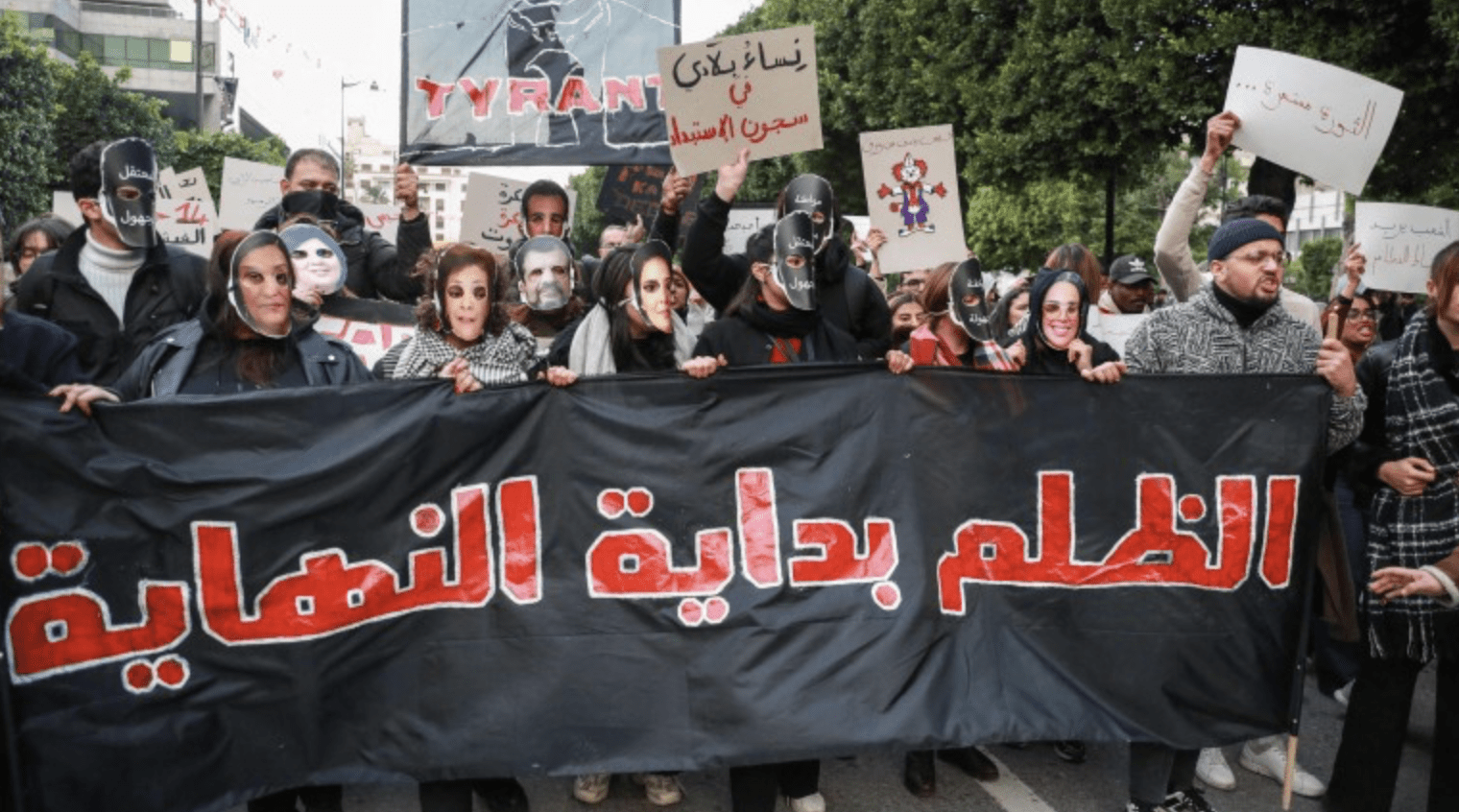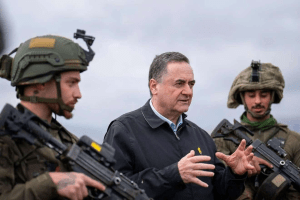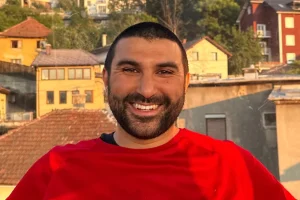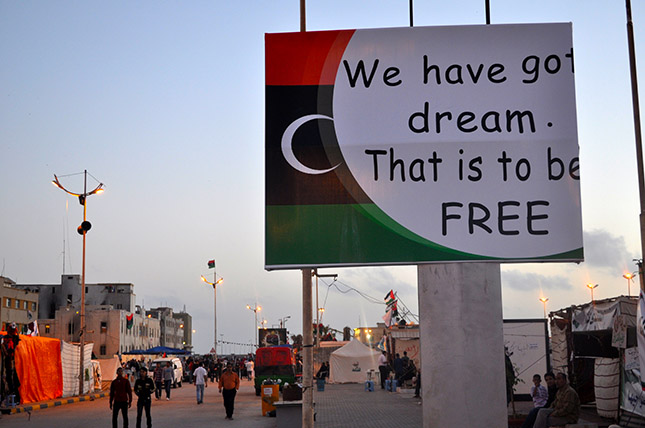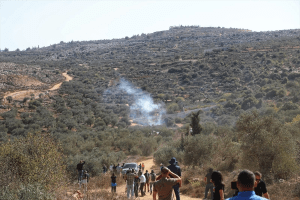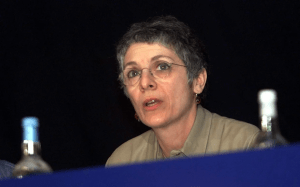Algerian Journalist Faces Backlash for Satire
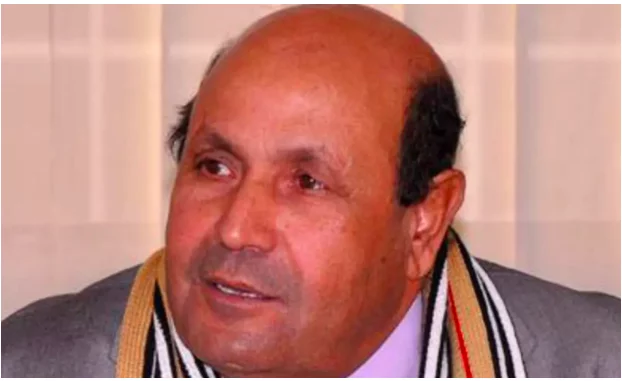
Satirical commentary earns journalist travel ban, virulent criticism from political parties as Algeria revels in its ‘irony free zone’ status
A satirical article published by Algerian reporter Saad Bouakba has sparked a political uproar with accusations that the author made “racist” and “immoral” remarks about the population of the Djelfa governorate (300 km south of Algiers).
Algerian political factions, including Islamists, called for the journalist to “be held accountable” despite the public apologies he has made.
Algerian analysts saw the political reactions as excessive and described them as laden with political and electoral calculations and driven by a desire to curry favour with the authorities.
The uproar started after Bouakba wrote sarcastically about an Algerian-Qatari cow-breeding project in the Djelfa governorate, saying, “If President Tebboune really chose the Djelfa governorate, and the Birine municipality in particular, to raise cows as part the Qatari project, then this time he was right! He is in fact upgrading the Djelfa region from the level of sheep to that of cows!”
He added, “Even politically … the residents of this province have always been like sheep, and their promotion to (political cows) is a remarkable development!”
He described the governorate as the region that “tops all others in terms of endorsements of the authorities” and noted that “it is from there that spontaneous marches in support of the government always originate.
READ As Morocco’s relations with Paris tumble, Algeria’s climb
“Politically, it competes with other provinces in terms of the rate of participation in elections through fraud!
“ Therefore, it is not surprising if it moved up politically from being the capital of the ‘political sheep’ to that of cows”.
The project for raising dairy cows, which is being mounted in the Djelfa governorate, is a bilateral investment venture between Algeria and Qatar, aimed at advancing dairy production in the country, to help tackle milk shortages which Algeria has been experiencing in recent years, made worse by the global food crisis triggered by the war in Ukraine.
 Abdelkader Bengrina, leader of the El Bina party, who is affiliated to the Muslim Brotherhood, stressed the “need to confront” what he called the “lurking enemy.”
Abdelkader Bengrina, leader of the El Bina party, who is affiliated to the Muslim Brotherhood, stressed the “need to confront” what he called the “lurking enemy.”
Bengrina said, “Anyone who assails the honour of any of the country’s components, in fact assails the honour of every Algerian, man or woman and contributes to the tearing of the social fabric. The enemies of Algeria were keen on attempting to do this at many stages, the latest of which is the alien and ideology-driven Hirak.”
Bengrina was referring to the pro-democracy protests in Algeria, which started during the rule of former President Abdelaziz Bouteflika.
The leader of the Islamist-oriented Society for Peace Movement (Hams), Abderrazak Makri, did not miss the opportunity to comment on the controversial article, as he wrote on his official Facebook page, “What Bouakba wrote about our people in the Djelfa governorate is a disgrace and shame, an unprecedented moral lapse, and an shockingly abhorrent form of racism.”
Abou El Fadhl Baadji, the Secretary-General of the National Liberation Front party (FLN), the leading formation in parliament, told a news conference that “Djelfa is one of the pillars of the country and a main source of our patriotic legacy. If we want to talk about this legacy we will run out of time and space before we are able to mention all its acts of bravery.”
He went on to praise the reaction of the governorate’s population during the Hirak protests and their support for the electoral process and backing for the army. He called for “national cohesion” in front of “ploys targeting Algeria’s security and stability.”
Political parties which took issue with the article did not note the reporter’s public apology nor react to an Algiers’ court decision to place the journalist under “judicial control”, issuing a travel ban against him and confiscating his private phone.
Arab Weekly/Agencies
Want to chase the pulse of North Africa?
Subscribe to receive our FREE weekly PDF magazine





